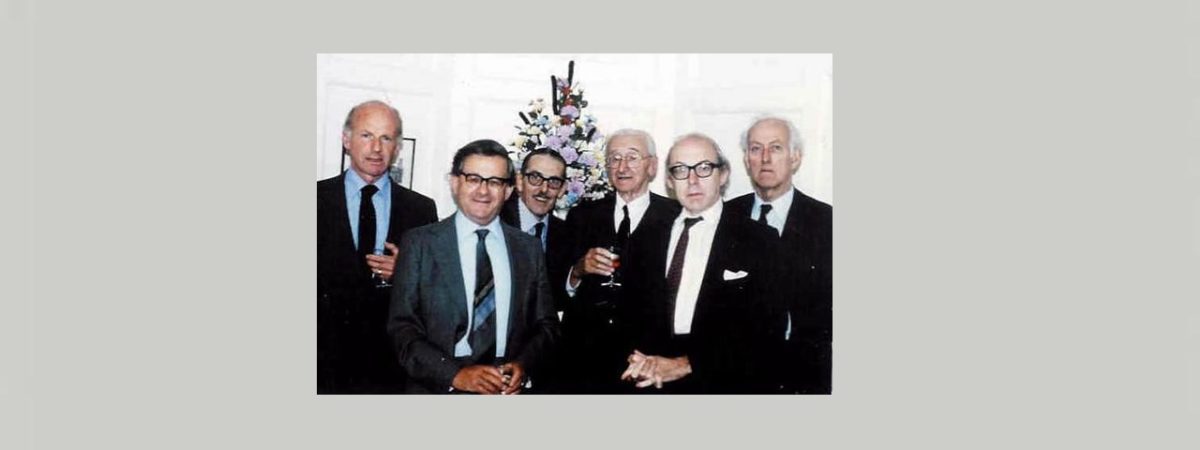Stop telling girls they’ll be victims, and focus on the success of working women
SUGGESTED



The 11-year-old, who took part in a televised panel on International Women’s Day, said she gets “worried about that”.
I can’t say I’m surprised in the least. Nearly every campaign around “female empowerment” in the UK pushes this narrative: from the moment a woman enters the workforce, she is victim of her employer and male colleagues, simply because of her gender.
If a young girl picks up any newspaper in the UK, she will be bombarded with headlines telling her about the substantial gender pay gap she faces when she heads to work in a decade’s time.
Put aside the critiques of how different campaigns calculate the gender pay gap (rarely do they draw like-for-like comparisons between jobs or other contributing factors; and they always attribute to sexist discrimination what might really just be the result of free choices), it is simply not the case that these girls will face unequal pay when they enter the workforce.
The gap is negligible for people aged 22-39, and has fluctuated between the genders on occasion. The most recent numbers from the Office for National Statistics revealed an hourly wage gap of 2.2 per cent for women aged 22-29 in full-time work, and 2.0 per cent for women aged 30-39. In 2015, women 22-29 were earning 0.8 per cent more than men.
Unless the only acceptable outcome of pay statistics is a perfect zero per cent gap between the genders (which would take a level of central planning far beyond of the wildest dreams of Jeremy Corbyn or John McDonnell), it is safe to say that the gender pay gap disappeared years ago for women in these brackets.
What’s more, if university trends continue, and women remain 35 per cent more likely to attend, we may well witness a notable resurgence in the gender pay gap – in favour of women.
Yet I have a sneaking suspicion that girls like Charlotte will never hear about any of this.
We are spending far too much of our time trying to convince young girls of mis-truths, and far too little time on tackling the hard truths.
Over at Spiked last week, the author Joanna Williams questioned why the #MeToo movement prioritised photoshoots in couture black gowns, but has found limited time to call attention to the atrocious sexual abuses of underage girls in Telford.
Her question ruffled some feathers. One of the more notable responses was Labour MP Stella Creasy, who accused Williams of “using the horrors” to “create clickbait”.
But any news reader knows that Williams is right; far more column space has been devoted to faulty and bloated pay gap stats than it has to the Telford girls.
There are some very frank conversations we need to have with girls as they grow up, ranging from the sacrifices of motherhood, to the physical threats women face in public and private life.
But we are doing young girls a great disservice by over-exaggerating or fabricating the problems they will face in the workplace, while at the same time distracting ourselves from those who urgently need our help.
Young women in the workplace have become a success story – that’s what we should be telling girls.
This article was first published in City AM.




